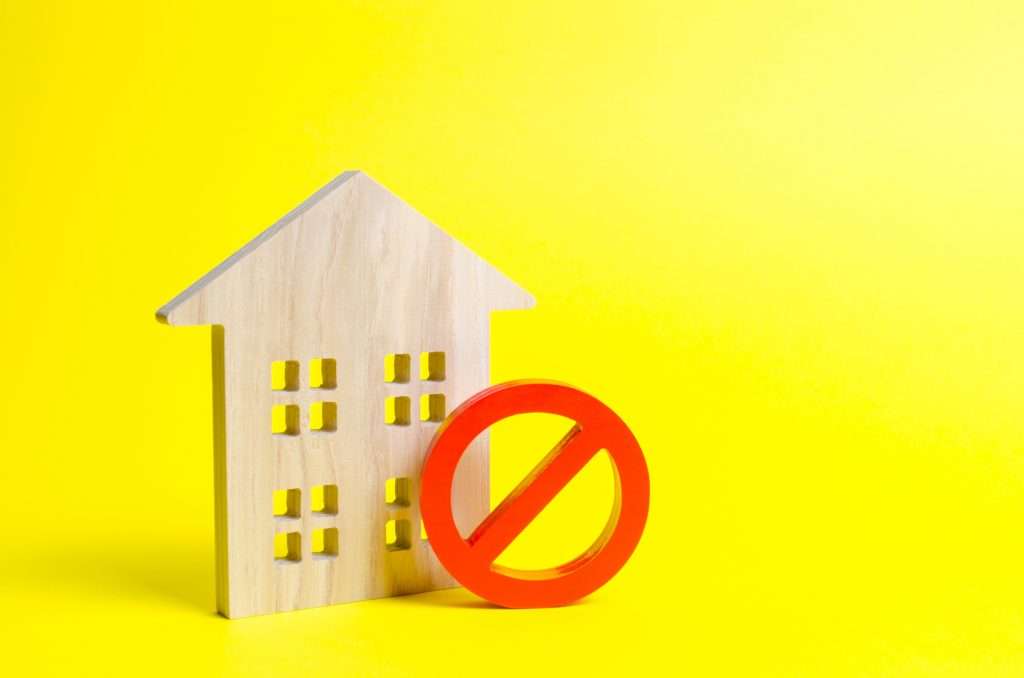
The Pacific Legal Foundation recently published a report, Locking Out the Squatters: How States Can Protect Property Owners from Squatters, by Kyle Sweetland and Mark Miller. It provides a good summary of what we know about the scope of the squatter problem, what states have done (or not done) to respond, and what reforms could help protect property owners more effectively. Here is an excerpt:
Trespassing is the act of taking another person’s property without any legal claim or title and without the consent of the property owner. In addition to trespassing, squatters often cause other trouble by selling the owner’s belongings, destroying the property, or using it for prostitution rings or drug dens.1
Removing squatters is difficult in most states. Although trespassing is a criminal offense, most states treat squatter evictions as evictions between landlords and tenants, a civil dispute.
Law enforcement often requires property owners to file eviction proceedings and refuses to evict squatters so officials can avoid violence, legal chaos or extra work. Law enforcement cannot easily determine whether squatters claiming to have a lease are actually tenants or have been offered fraudulent leases, and may lack the resources to do so.2 With this in mind, along with “increased tenant defenses against evictions and a growing awareness that landlord-tenant confrontations often result in violence,” police departments may decide it is unwise to get involved in evicting squatters.3 Law enforcement also encourages homeowners to use the eviction process “to ensure that any adverse claims filed [by squatters] All are invalid.4
However, waiting for the civil process to be completed can leave property owners unable to live in their homes for months or years as they try to evict squatters, and can cost thousands of dollars in repairs, increased utility bills and legal fees. In Tennessee, evicting a squatter can take up to two years, while in Maryland and Pennsylvania, going through the court system can cost $3,000 to $10,000.5 During this time, squatters can cause serious damage to owners’ homes. In one shocking example, a Dallas woman suffered more than $150,000 in property damage from squatters. One New York City homeowner found that his utility bills increased by more than $1,000 a month when squatters took over his home…6
In response to the increase in squatting, some states are using legislation to criminalize squatting and make it easier for property owners to remove squatters. As of May 2024, Alabama, California, Florida, Georgia, Nevada, Tennessee, Washington, and West Virginia have passed laws criminalizing squatting, while 11 others Several states have also proposed relevant bills (Figure 2). However, most states have yet to pass legislation to address this issue, leaving property owners open to squatters and requiring the civil court system to resolve the issue through a much slower eviction process….
Granting criminal status to squatters does not guarantee a faster eviction process. California will charge squatters with misdemeanor trespassing if the property owner files a no-trespassing letter with police before the squatting incident, but eviction is still required if the property owner fails to file the letter.16 Instead, the process of clearing squatters could be expedited without criminalizing the activity. In Colorado, lawmakers created a special eviction process for squatters that takes much less time than a normal eviction, but the activity is not considered a crime….
One of the most effective ways states can help protect property rights from squatters is to reform laws that make it easier and faster for property owners to remove squatters from their properties. Pacific Legal Foundation’s model bill, the Stop Squatters Act, is a template for lawmakers to craft laws to better protect property rights, provide homeowners with remedies against squatters, and criminalize squatters as criminals punish.
Additionally, states can increase awareness of the issue by collecting and publishing comprehensive data on preemption.
In an article I wrote in March of this year, I explained why squatter rights laws make it difficult or impossible to evict squatters quickly, violating the Takings Clause of the Fifth Amendment. But for the reasons stated above, expropriation proceedings are generally not the best way to handle such cases. A swift eviction combined with criminal or civil penalties is often better.
In the same article, I also explain why laws protecting squatters end up hurting legitimate tenants as well as property owners:
[S]Squatters’ rights laws end up hurting the people they’re supposed to help: low-income tenants. If property owners have reason to fear that squatters can occupy their land without their consent, they will be less willing to rent the property in the first place, charge higher rents, and screen potential tenants more carefully (thus potentially excluding those People with low income, little or no income) reference etc.), or some combination of all these measures. They may also be incentivized to impose more costly and complex security restrictions on land use (which in turn may raise rents). All of this predictably reduces the supply of housing and increases housing costs.
Side note: My wife, Alison Somin, is an employee of the Pacific Legal Foundation, which issued the report discussed in the post. She does not work on property rights issues and was not involved in the writing of the report.

